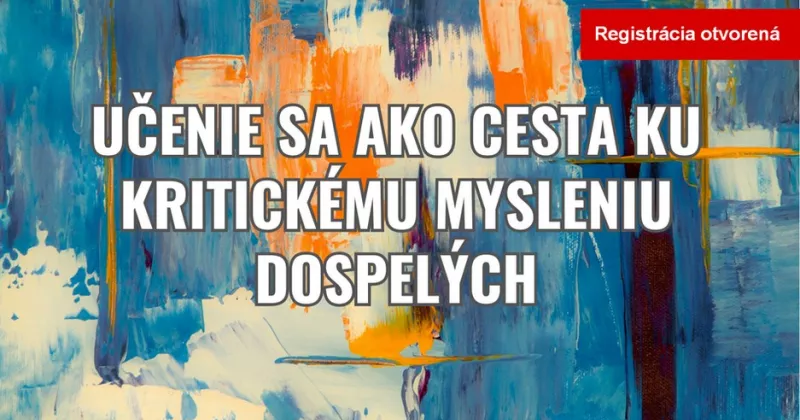10 top tips for applying for EU funding

Recently the EU published A Beginner’s Guide to EU Funding – a document containing useful advice and practical tips for those who want to apply for EU funding. The Commission hopes that access to EU funding will now be easier than ever, thanks to the streamlined and improved EU programmes and simplified financial rules. So now applicants can spend less time filling out forms and focus on their work instead.
Here are the 10 top tips for everyone who wants to apply for EU funding:
1. Check which institutions you should send your request or proposal to.
Since the majority of EU budget (80%) is managed at national level, checks and annual audits are carried out by national governments. Additionally, a small part of the EU budget, allocated to programmes implemented by the UN or the Red Cross for example, is managed by non-EU countries and international organisations.
2. A lot of EU funds are managed on a country level through national, regional and local bodies.
These bodies can also provide useful information and support.
3. Some EU funds, however, are managed by the EU.
There are several webpages dedicated to grants, public contracts and other EU funding opportunities managed by EU institutions and bodies.
4. Draw inspiration from the EU Budget tool.
This tool can help you browse through projects across Europe from all kinds of fields – from regional development, humanitarian aid and employment to environment, research and education. The tool can serve as a source of inspiration and best practice and give good examples of how the EU can really boost your project.
5. Find all of the Commission’s calls for tender under one roof.
You can find the Commission’s calls for tender on the EU web portal – they are published on the pages of the different directorates-general. You can also find them in the TED database.
6. There are some new benefits for low-value contracts.
Bidders for low-value contracts no longer need to provide evidence for having no previous convictions for malpractice, not being bankrupt or for paying their taxes regularly. Instead, they can write a simple declaration on their honour. Only selected applicants may have to provide this evidence, and only in certain conditions.
7. Know where to look if you’re a company or an SME.
Companies and small and medium-sized enterprises (SMEs) can find useful information through the Enterprise Europe Network – a database of about 600 business support organisations based in over 50 countries.
8. Speaking of SMEs, it’s worth checking if your company is one.
Whether or not a company is an SME is determined by two factors: (1) number of employees, and (2) either turnover or balance sheet total. This is important as small and medium-sized enterprises may benefit from fulfilling fewer requirements, or from lower fees for checking their compliance with EU rules.
9. Some EU funds are job-specific.
For example, educators and trainers can get help from Erasmus+ – the EU’s programme for education, training, youth and sport for 2014-2020. If a certain project is relevant to an applicant’s professional expertise, the Commission recommends that they get in touch with the appropriate professional organisation.
10. Know which EU agencies help the Commission manage EU programmes.
On these agencies’ websites you can find up-to-date information about funding opportunities through their programmes. The agencies are: the Education, Audiovisual and Culture Executive Agency; the Executive Agency for Small and Medium-sized Enterprises; the European Research Council Executive Agency; the Consumers, Health, Agriculture and Food Executive Agency; the Research Executive Agency; the Innovation and Networks Executive Agency.
So do you have any experience in applying for EU funding? Share your tips in the comments below!
(Please note, this post does not necessarily reflect the views of the European Commission. This advice should not replace full reading of the guidance issued by the European funding agencies. Official information on applying for EU funding can be found here.)





